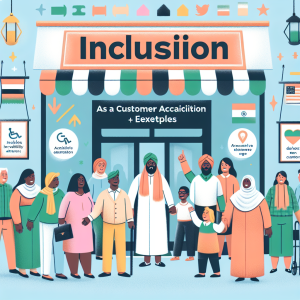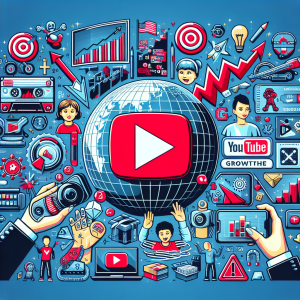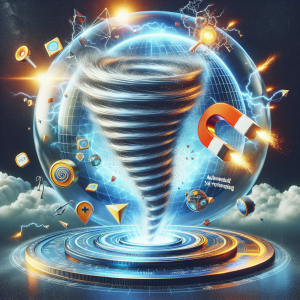The Inevitable Clash: Why the RIAA’s Lawsuit Against Generative Music Startups Could Reshape AI
The music industry finds itself on the precipice of a technological revolution, one fueled by the rapid advancement of Artificial intelligence (AI). While AI-powered tools offer exciting creative avenues, they also raise critical questions about copyright infringement, especially in the realm of music generation. The Recording Industry Association of America’s (RIAA) recent lawsuit against generative music startups is not just a legal battle; it’s a watershed moment that could redefine the relationship between AI and the music industry.
AI Music Generation: Innovation Meets Infringement
At the heart of this conflict lies the very nature of generative AI. These sophisticated algorithms can analyze vast datasets of copyrighted music and generate remarkably similar compositions, blurring the lines between inspiration and infringement.
Here’s why this lawsuit is significant:
- A Test Case for AI Copyright: The outcome of this lawsuit could set a precedent for how copyright law applies to AI-generated content, not just in music but across various creative industries.
- Defining Fair Use in the Age of AI: A key question is whether AI’s use of copyrighted material for training constitutes fair use or copyright infringement, a distinction that will have far-reaching consequences.
- The Stakes are High for Both Sides: The music industry is fiercely protective of its intellectual property, while AI developers argue that stifling innovation could hinder the potential of this transformative technology.
The Potential for a Bloodbath
The term “bloodbath” might seem extreme, but it underscores the potential consequences of this legal battle.
-
A Win for the RIAA could:
- Stifle innovation in the AI music space.
- Lead to a wave of lawsuits against smaller developers.
- Restrict access to AI music tools for artists and producers.
-
A Win for Generative Music Startups could:
- Open the floodgates for AI-generated music, potentially impacting the value of human-created music.
- Lead to new licensing models and revenue-sharing agreements between artists and AI developers.
A Necessary Reckoning
Regardless of the outcome, this lawsuit is a much-needed reckoning.
- It forces a crucial conversation: The music industry and the AI community must engage in a dialogue to establish clear guidelines and ethical frameworks for AI music generation.
- It highlights the need for adaptation: Both industries must adapt to the changing landscape, exploring new business models and legal frameworks that can accommodate the realities of AI.
The future of music might very well depend on the outcome of this landmark case. Finding a balance between fostering innovation and protecting artists’ rights is crucial for both the evolution of AI and the continued vibrancy of the music ecosystem.








